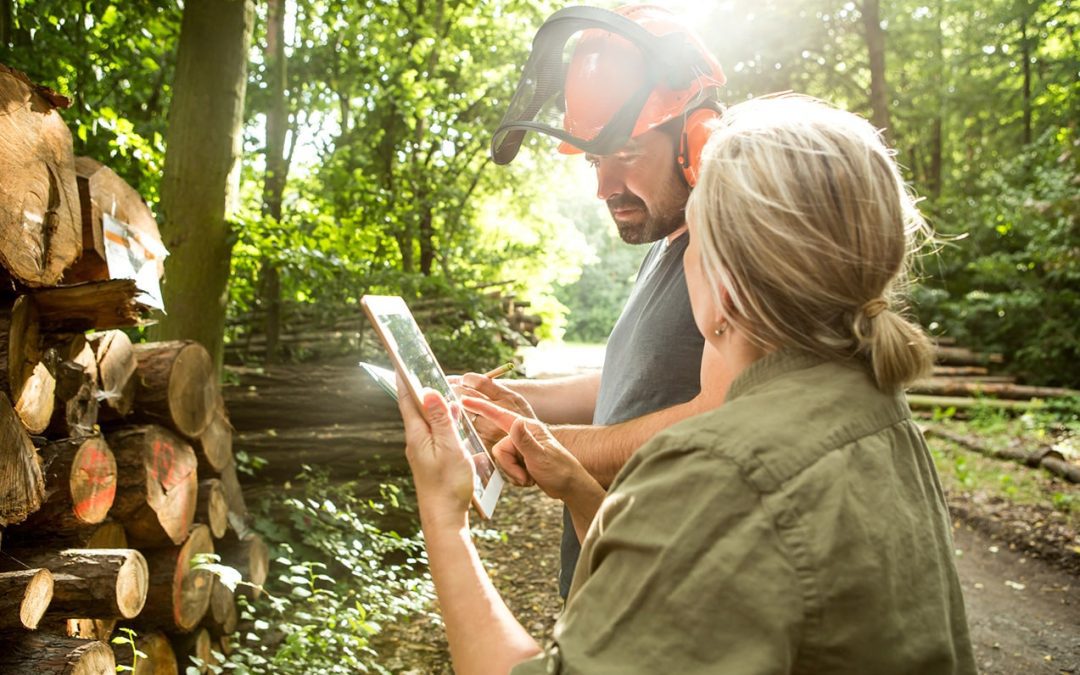How Workplace Flexibility Creates a Culture of Resilience
In the fast-paced world of lawn care, landscaping, and tree care, the ability to be flexible and adaptable is not just an advantage—it’s a necessity. Cultivating a culture that embraces change and thrives on adaptability ensures your business can navigate the inevitable fluctuations of the industry. This kind of culture encourages innovation, problem-solving, and a proactive approach to challenges, making your company more resilient and better positioned for long-term success.
Encouraging flexibility and adaptability involves more than just a willingness to change; it requires a systematic approach to training, processes, and company communication that empowers your team to pivot when necessary. It’s about creating an environment where employees are encouraged to think creatively, suggest improvements, and feel supported in trying new approaches. This kind of culture helps your business stay competitive and fosters a more engaged and motivated workforce.
McKinsey & Company reports that organizations that cultivate adaptability and flexibility are more likely to outperform their competitors and navigate disruptions successfully, highlighting the importance of integrating this mindset into your training programs.
Key Takeaways of Workplace Flexibility
- Embracing change and promoting adaptability are critical for navigating industry fluctuations.
- A culture that supports creative thinking and problem-solving enhances team engagement and motivation.
- Training and communication are essential in fostering a flexible and adaptable workforce.
Workplace flexibility can make or break a company – it’s that simple. Discover how The Better Contractor can help you build a stronger workforce with our business consulting services.

